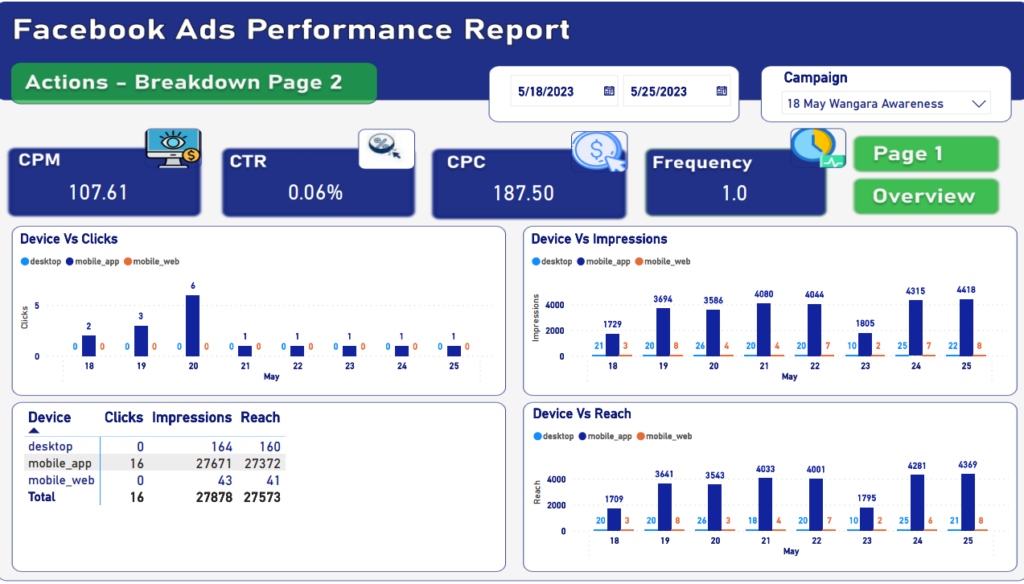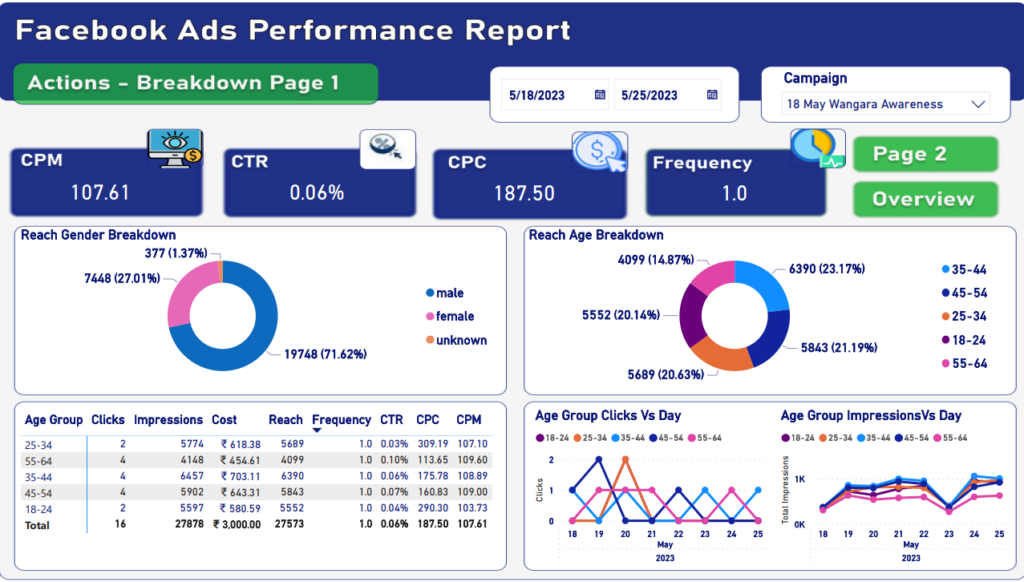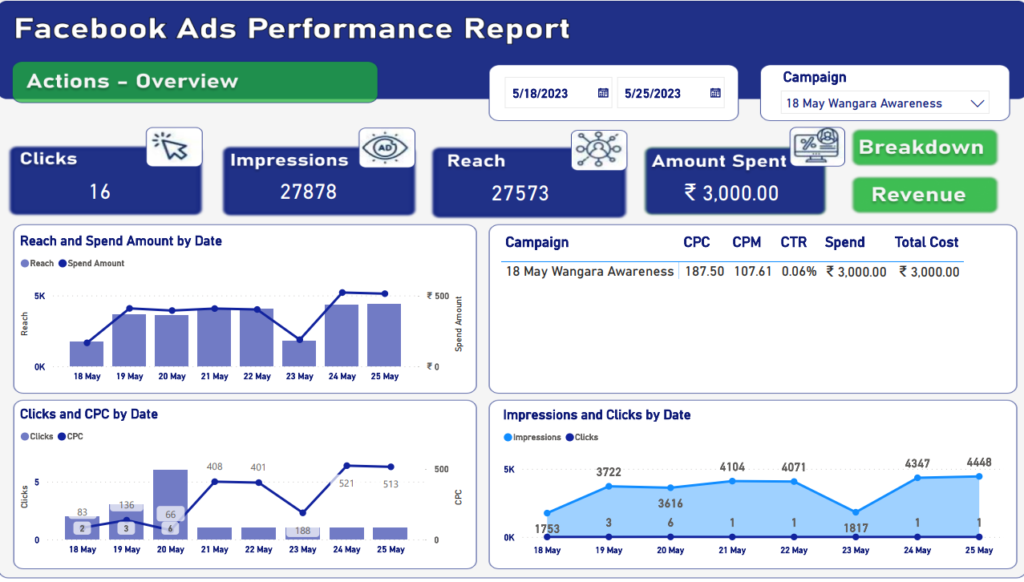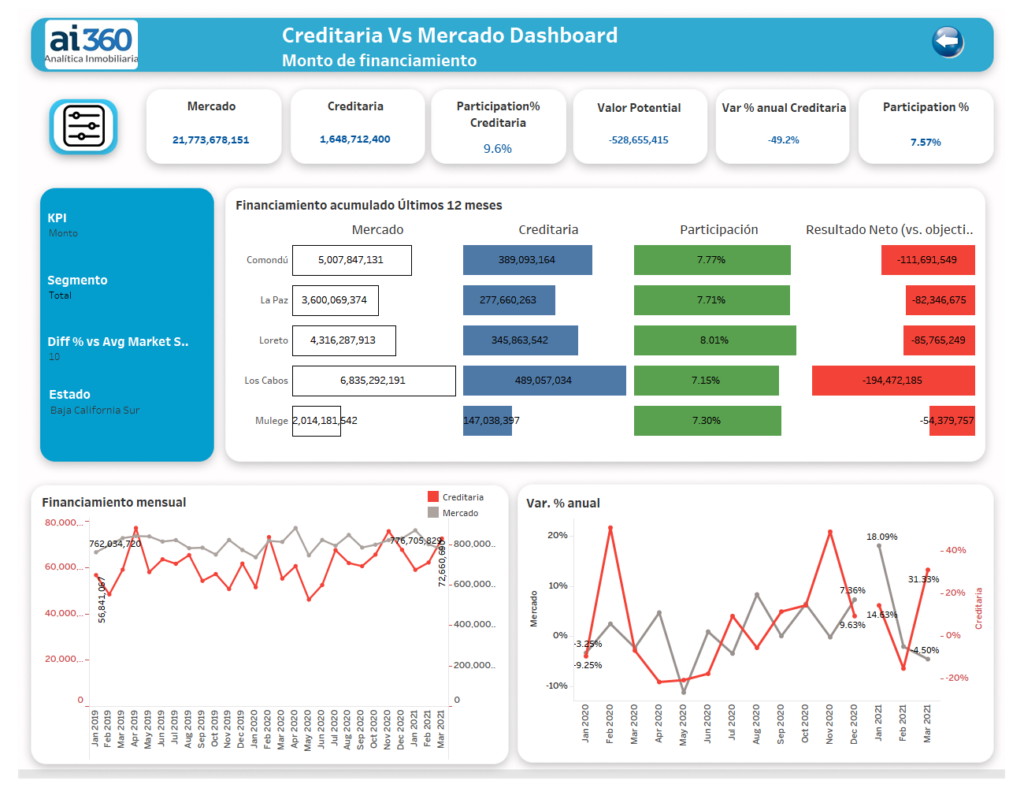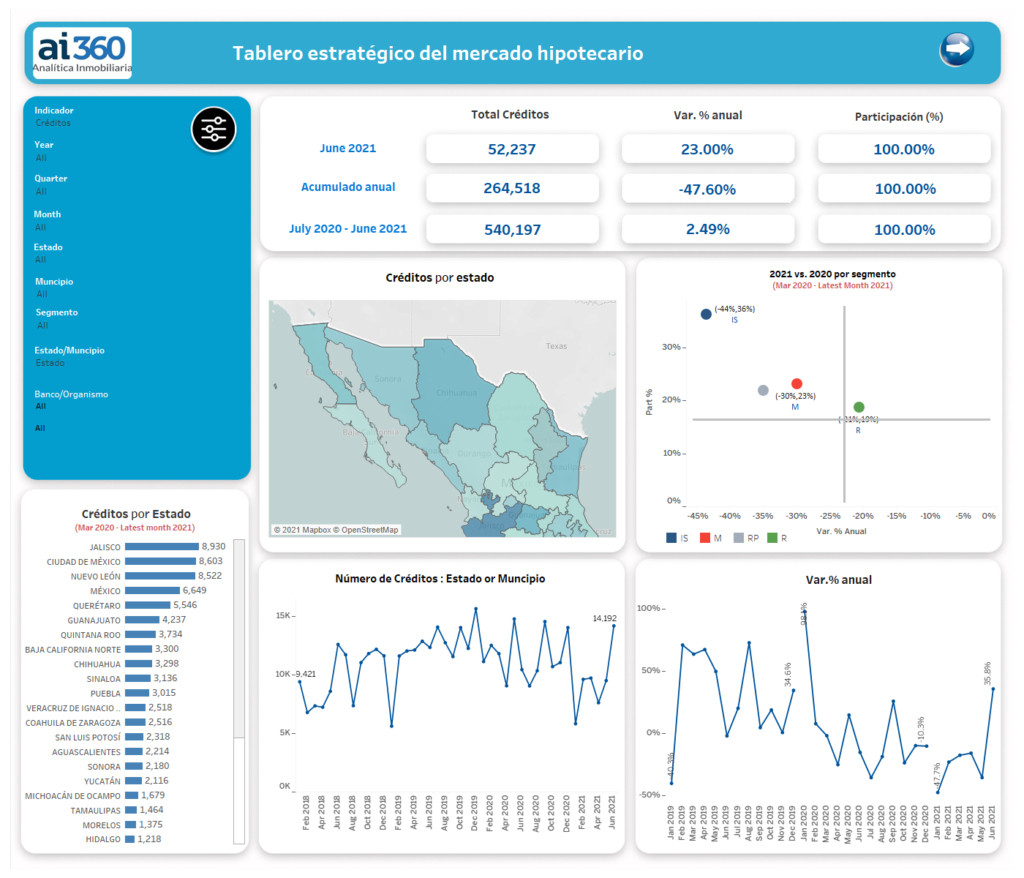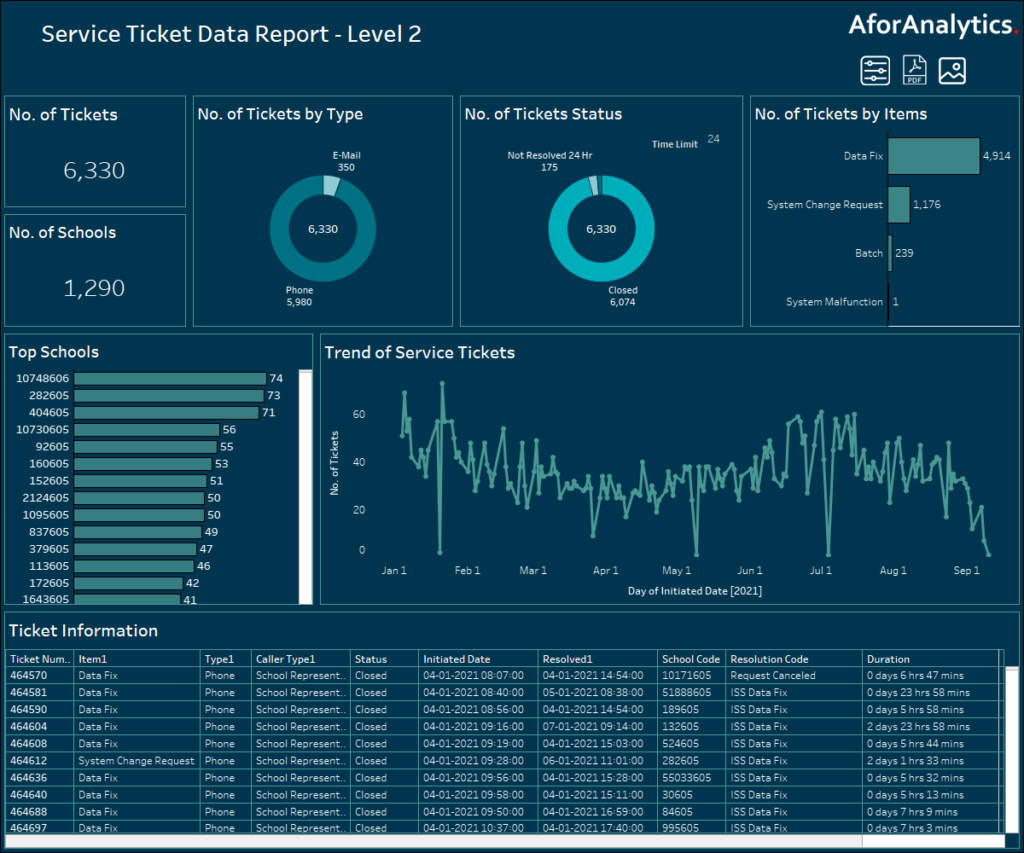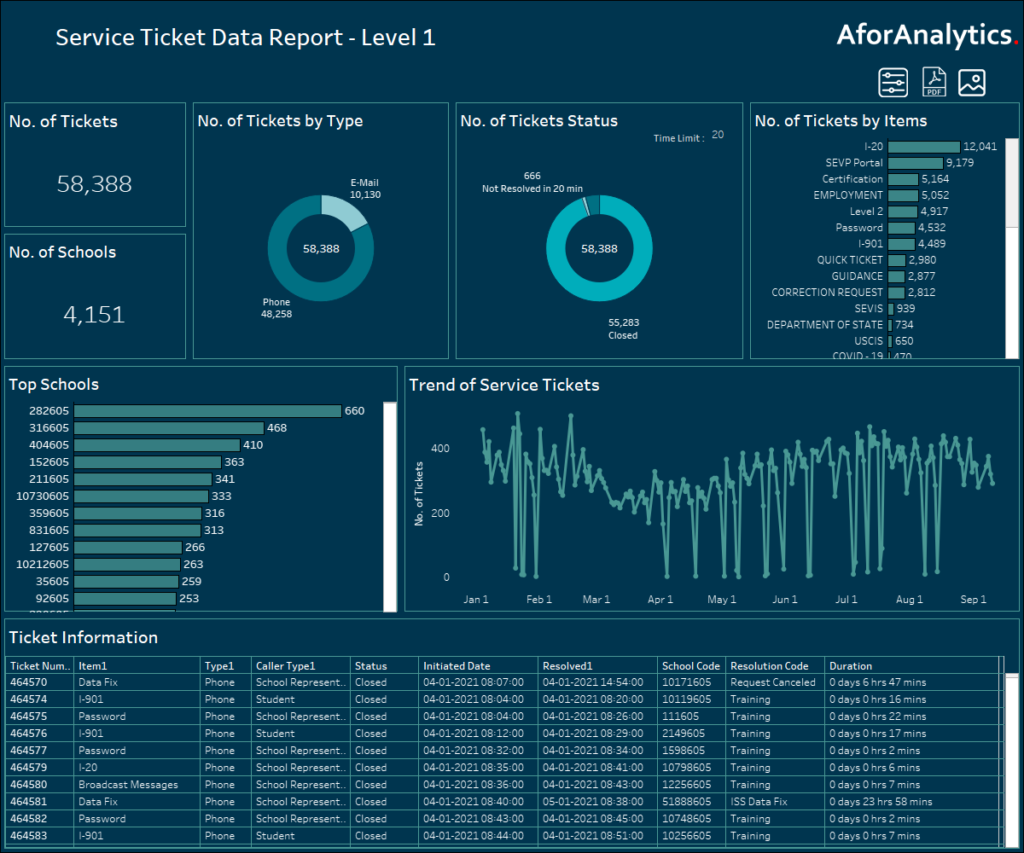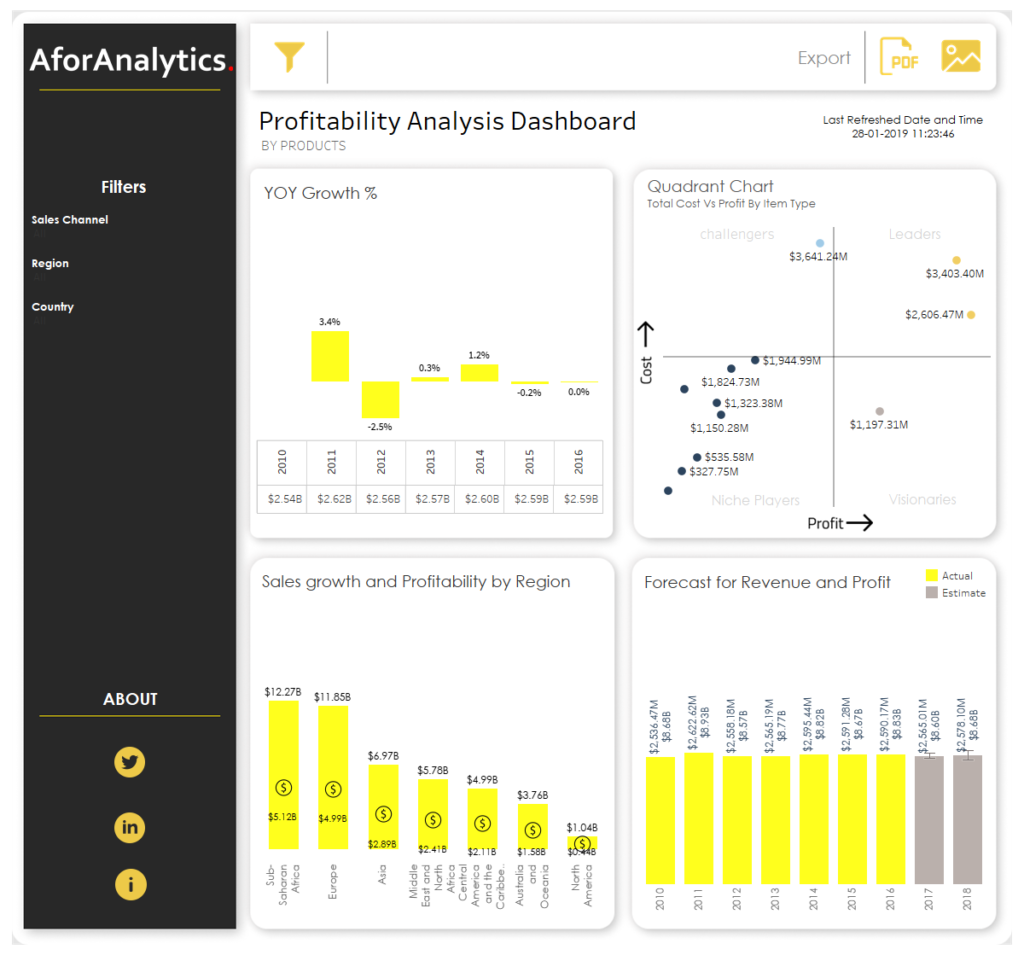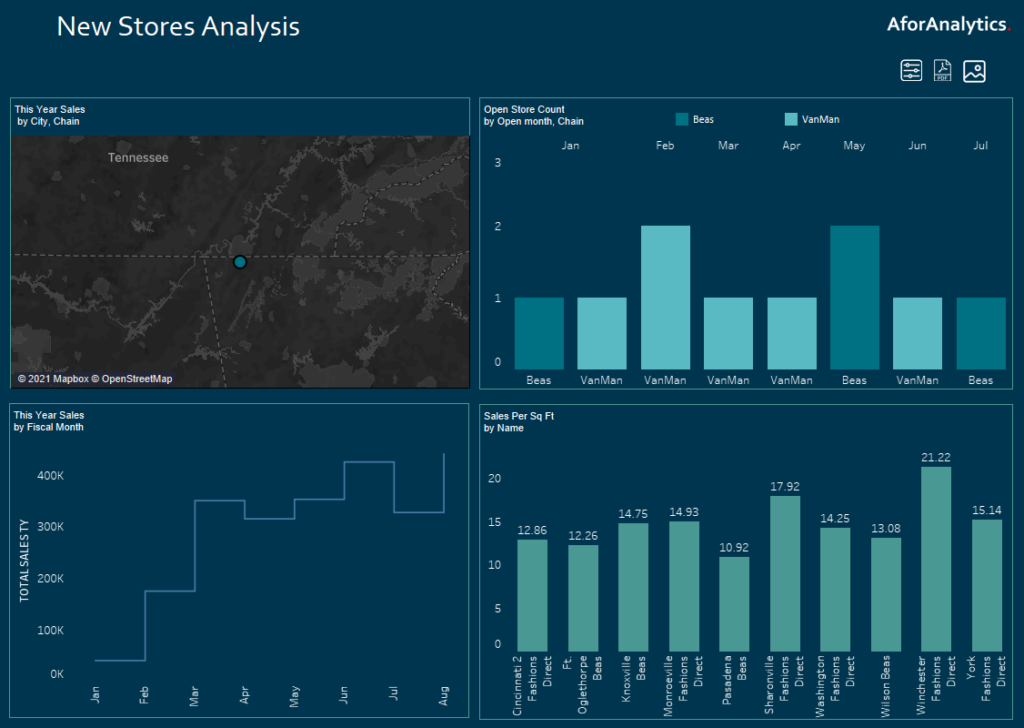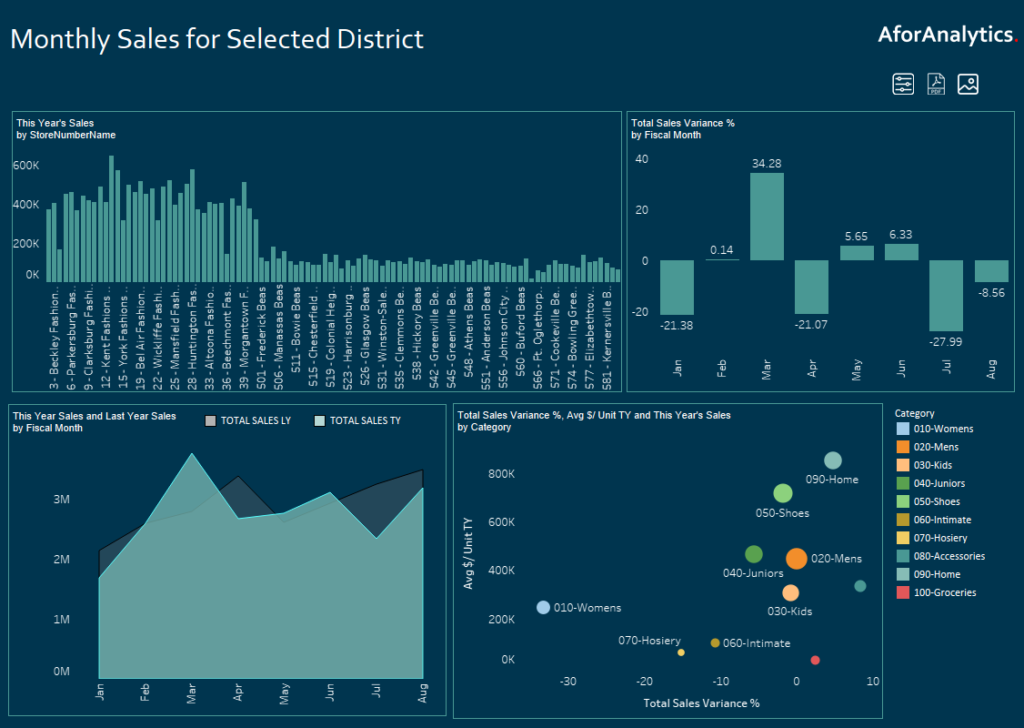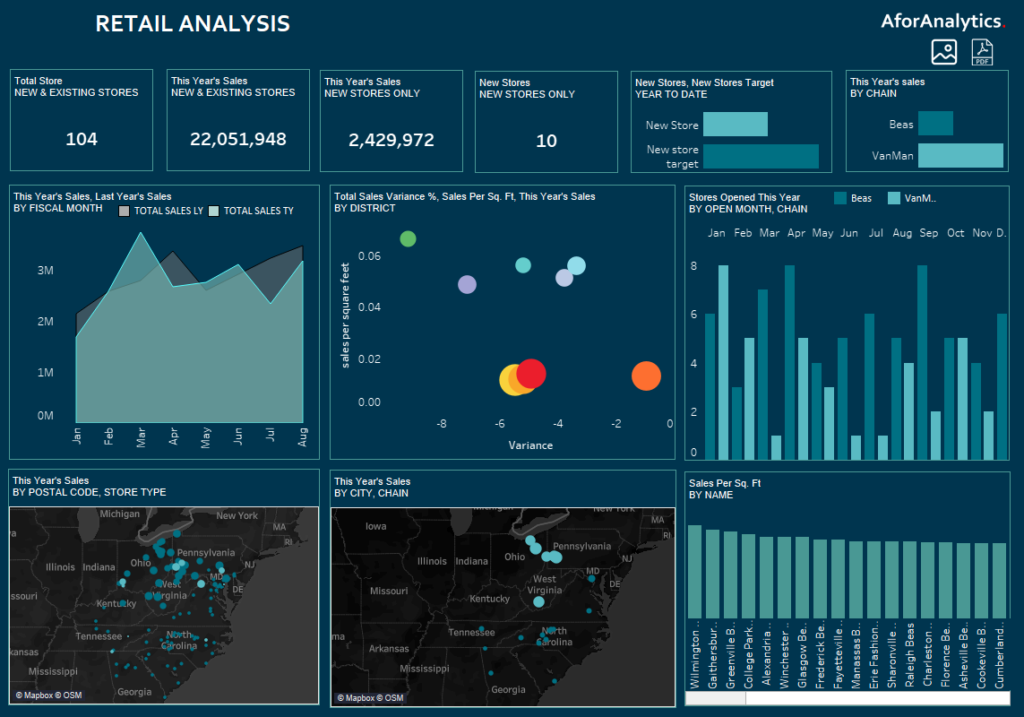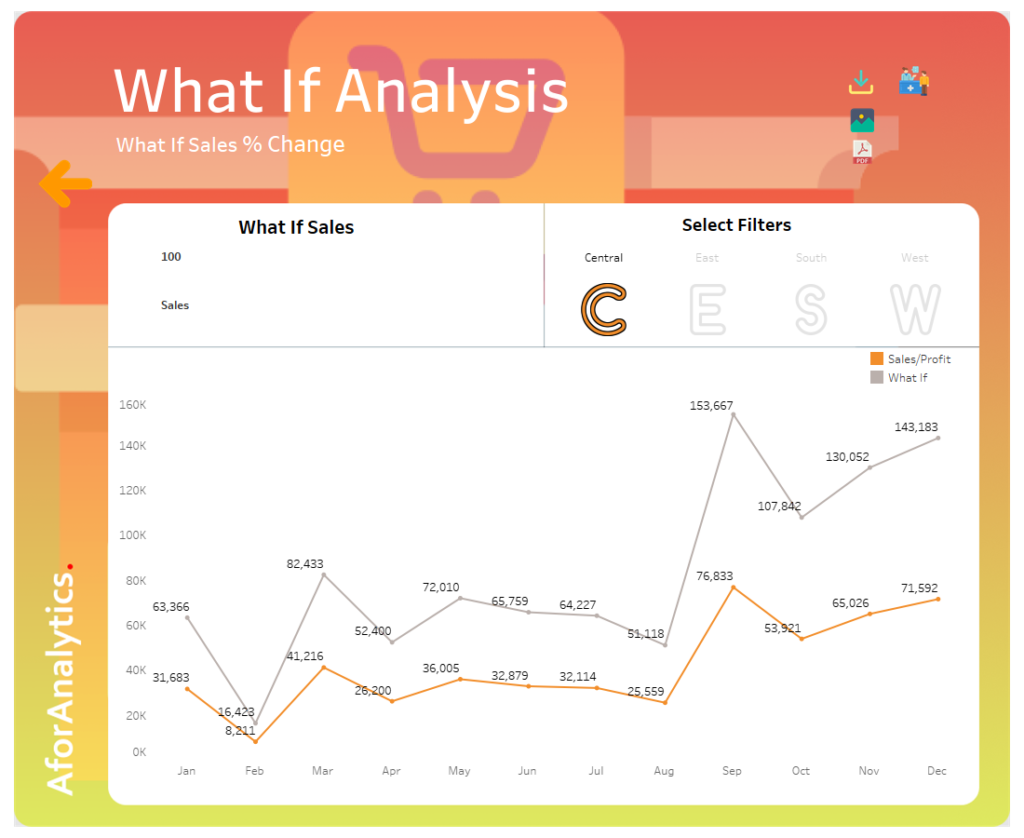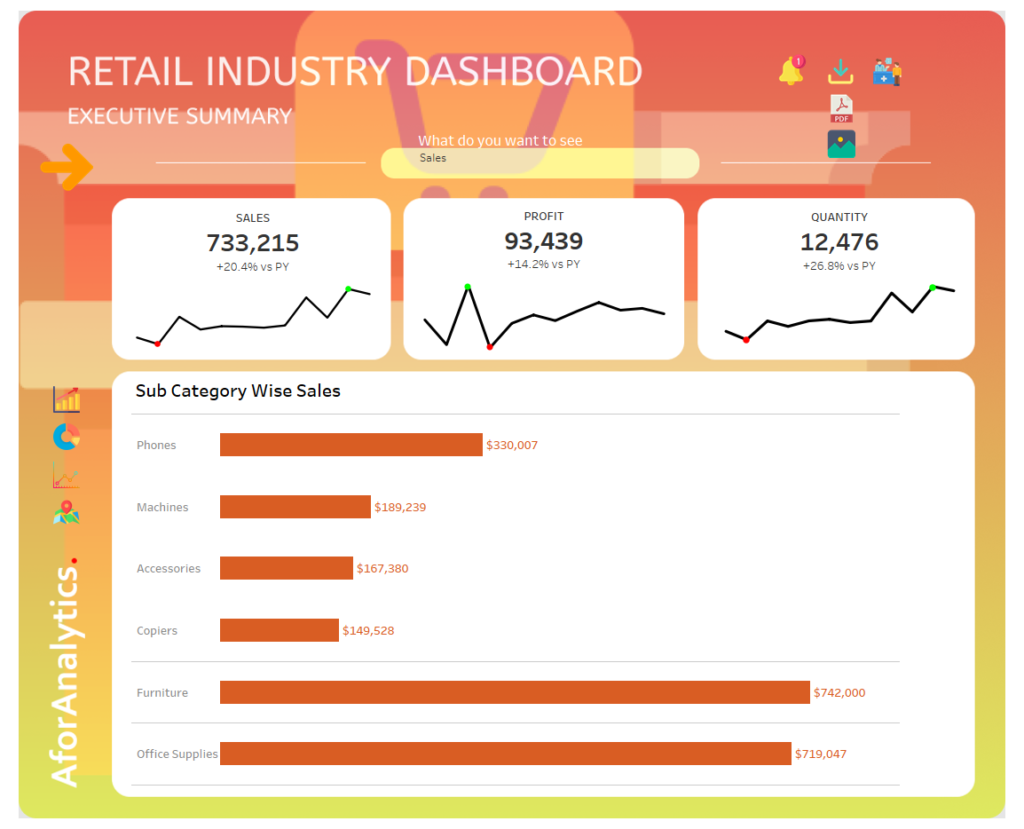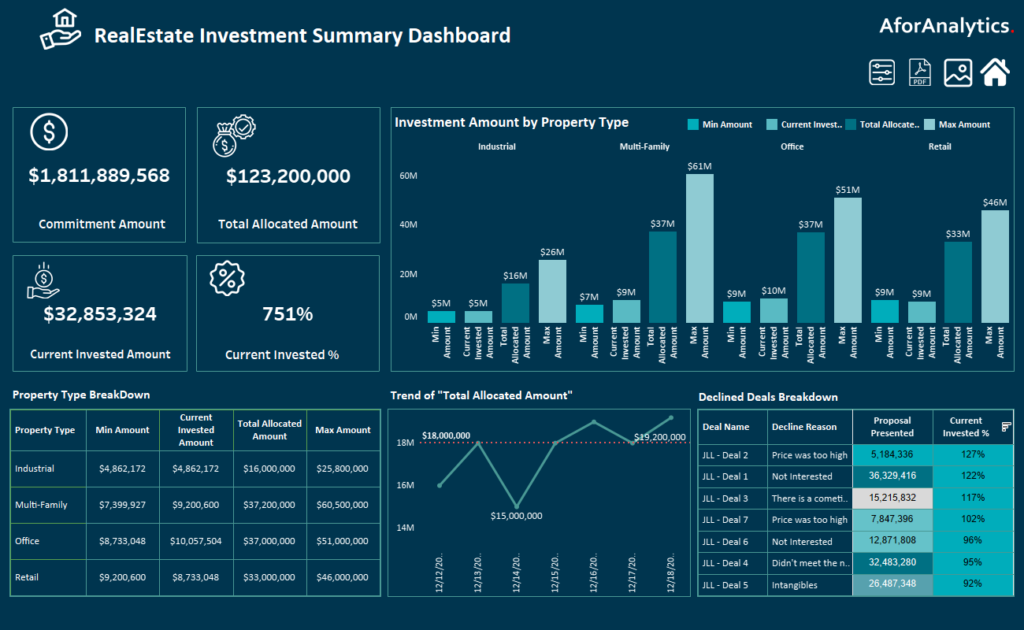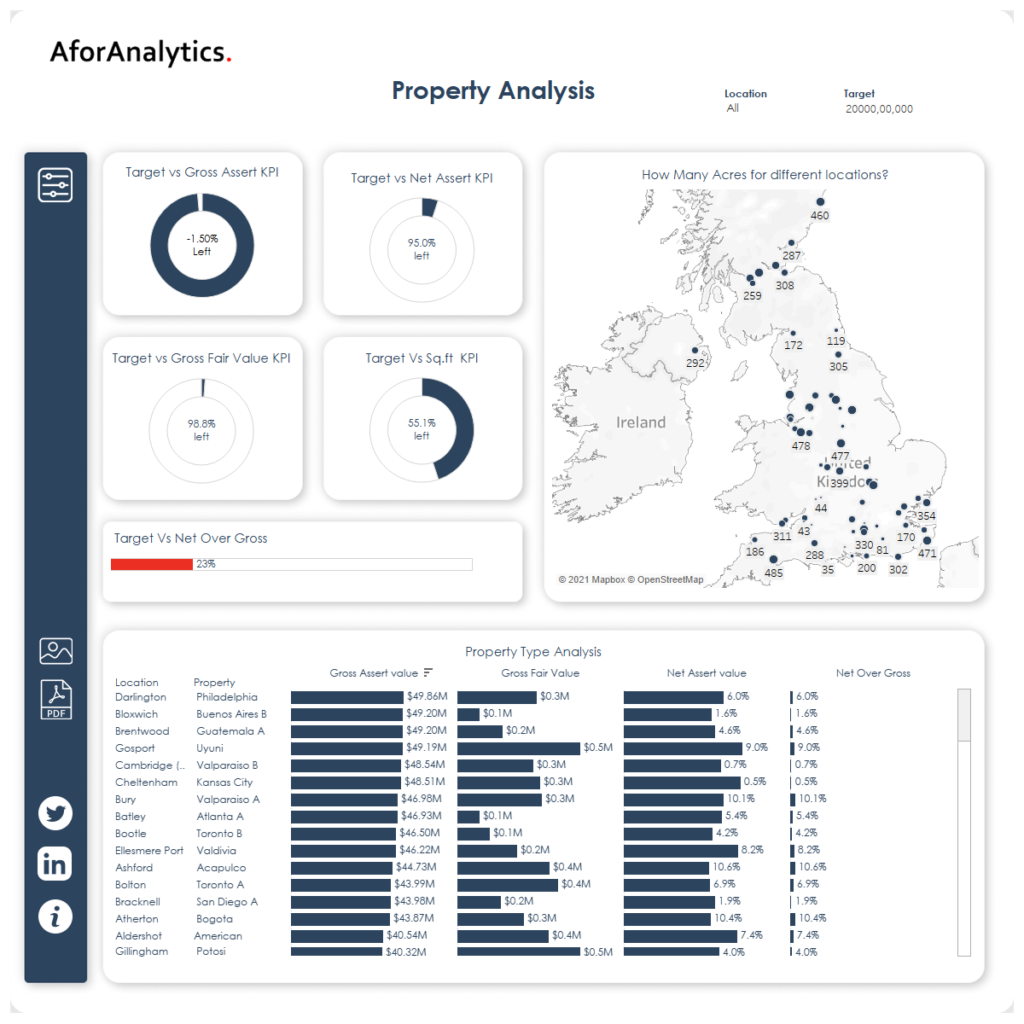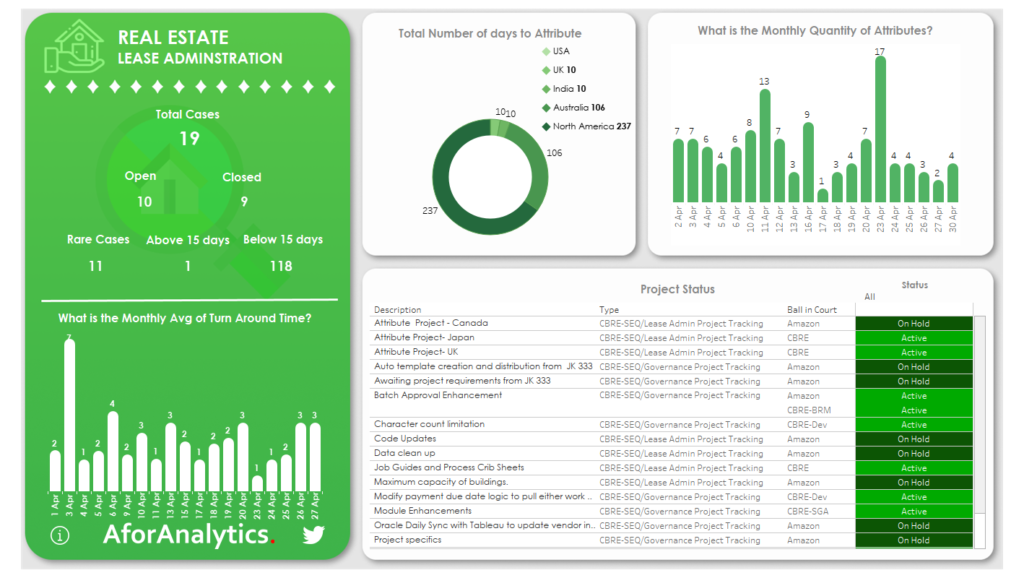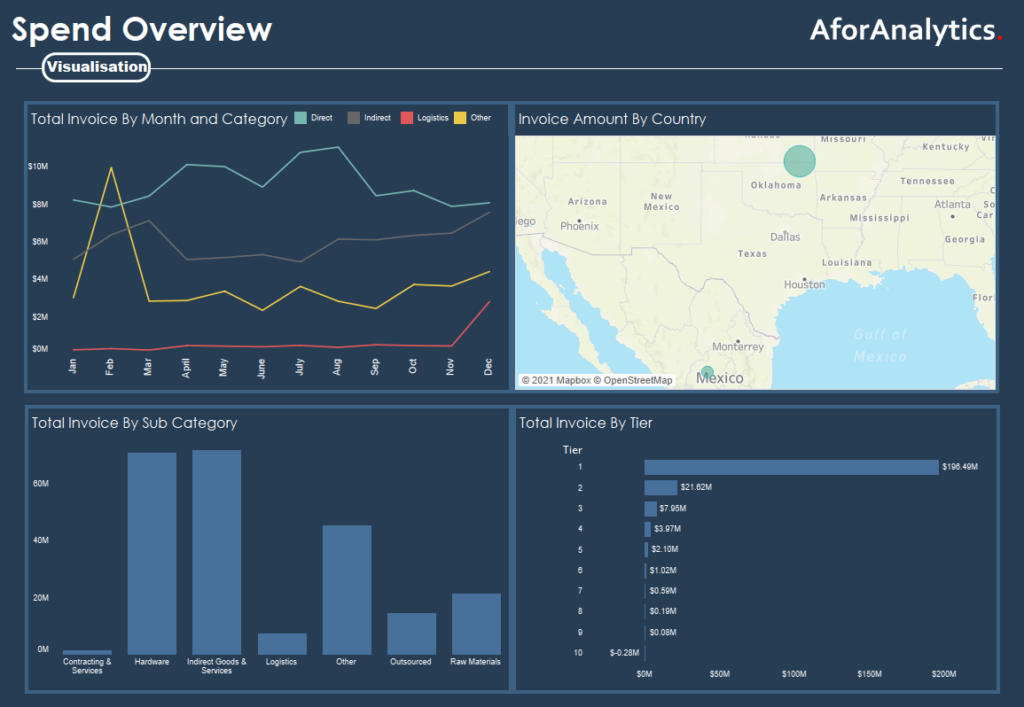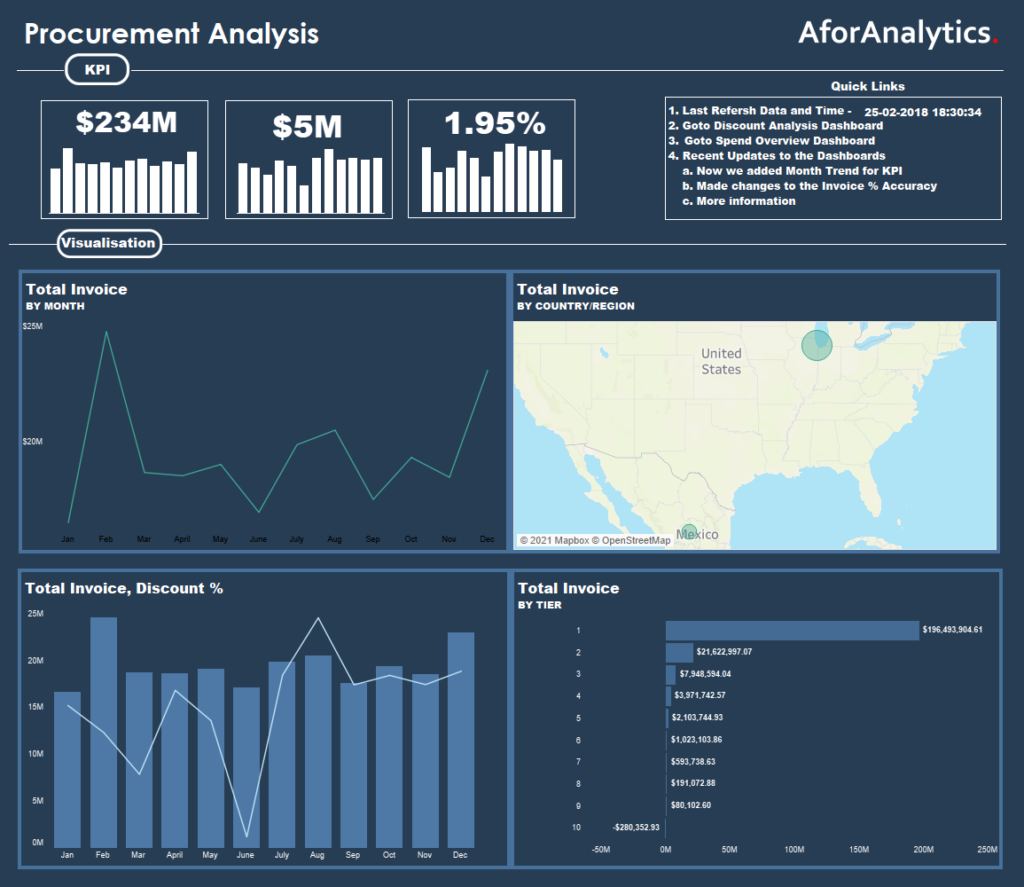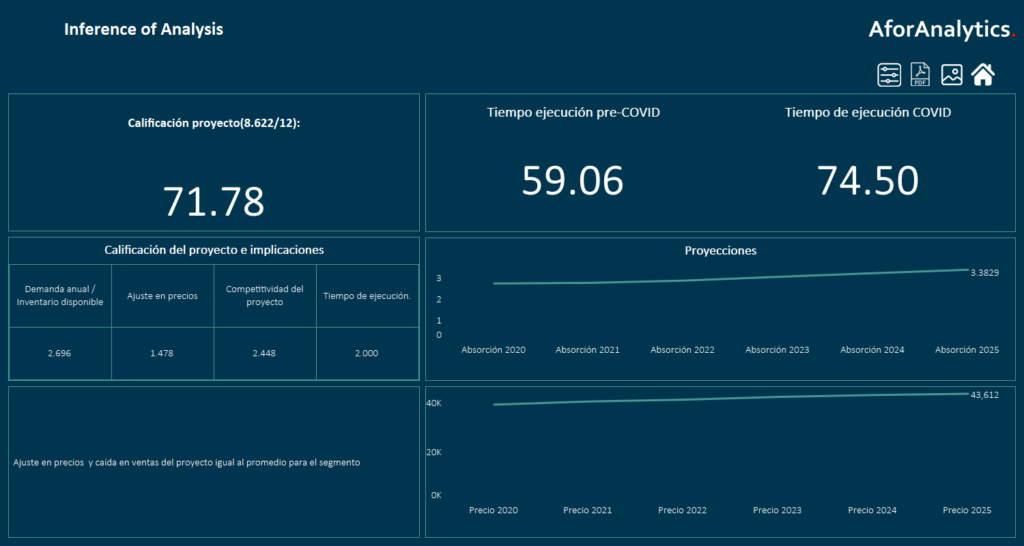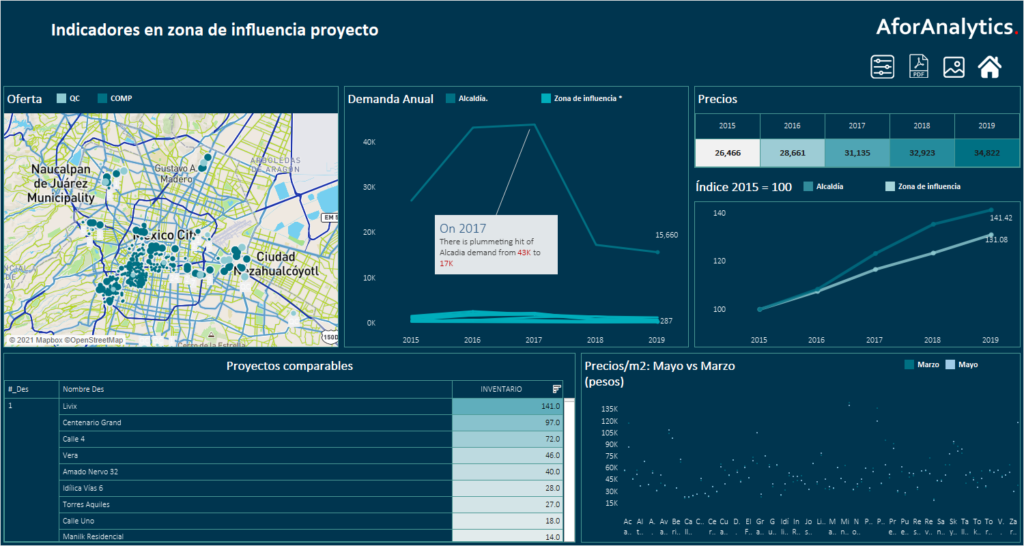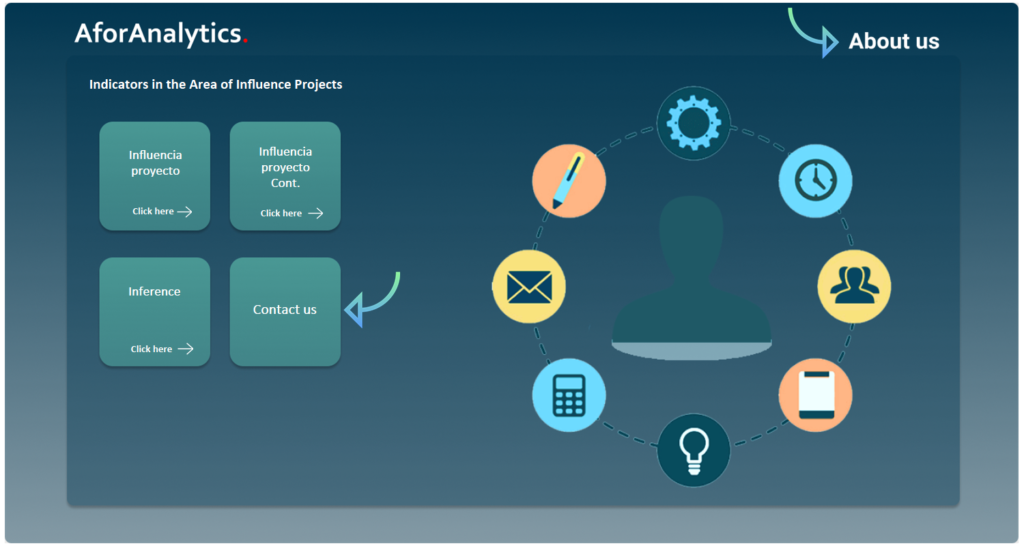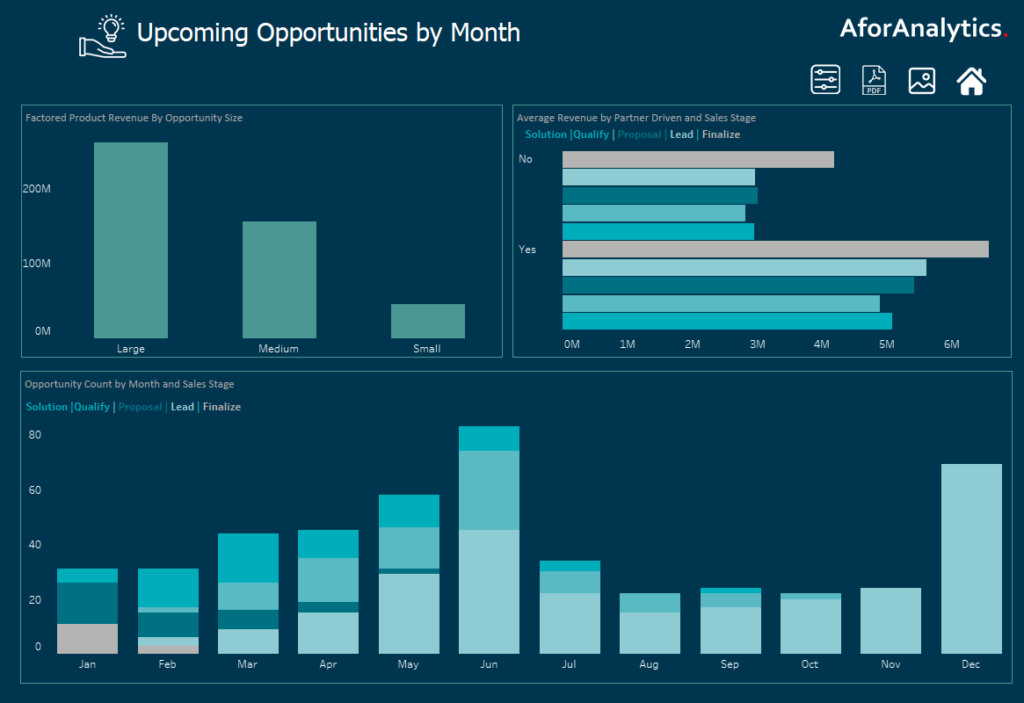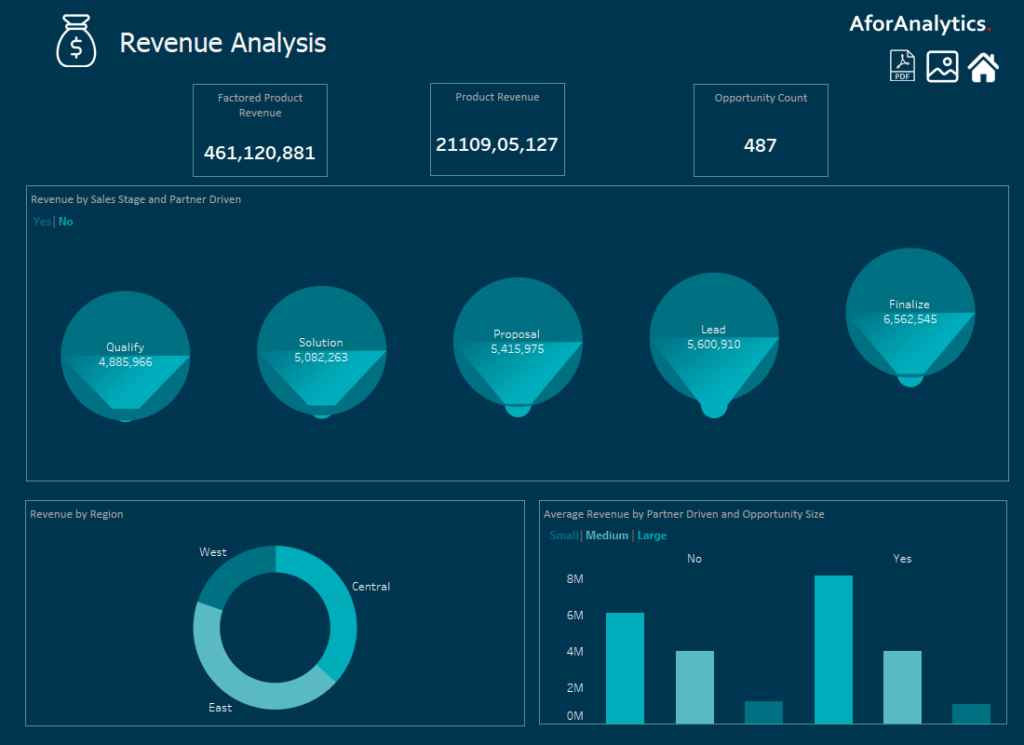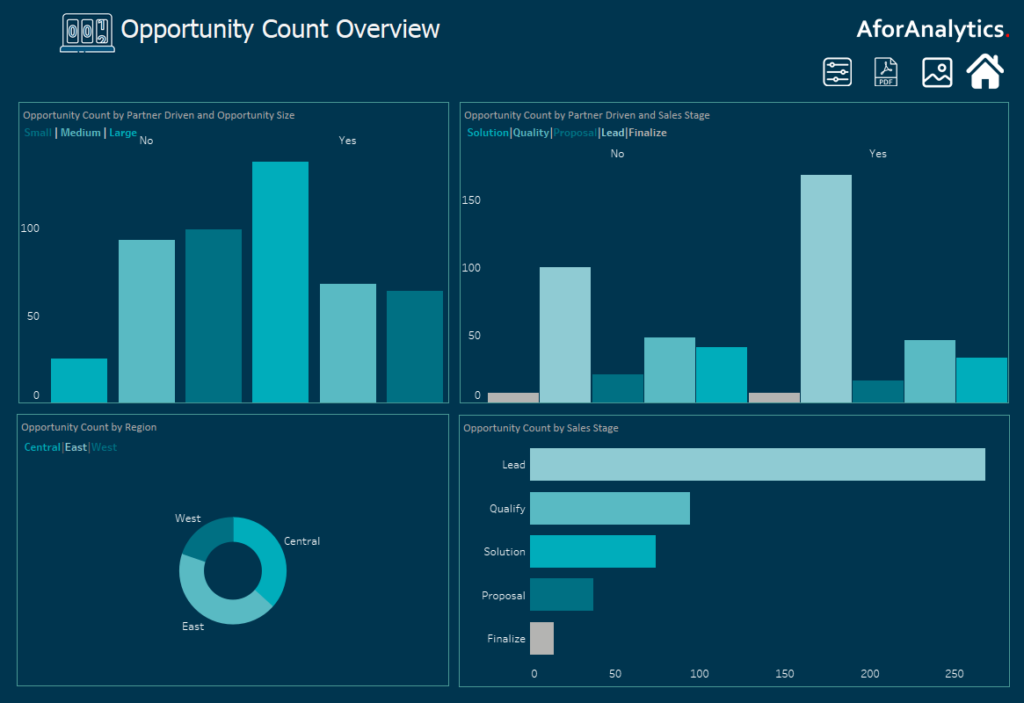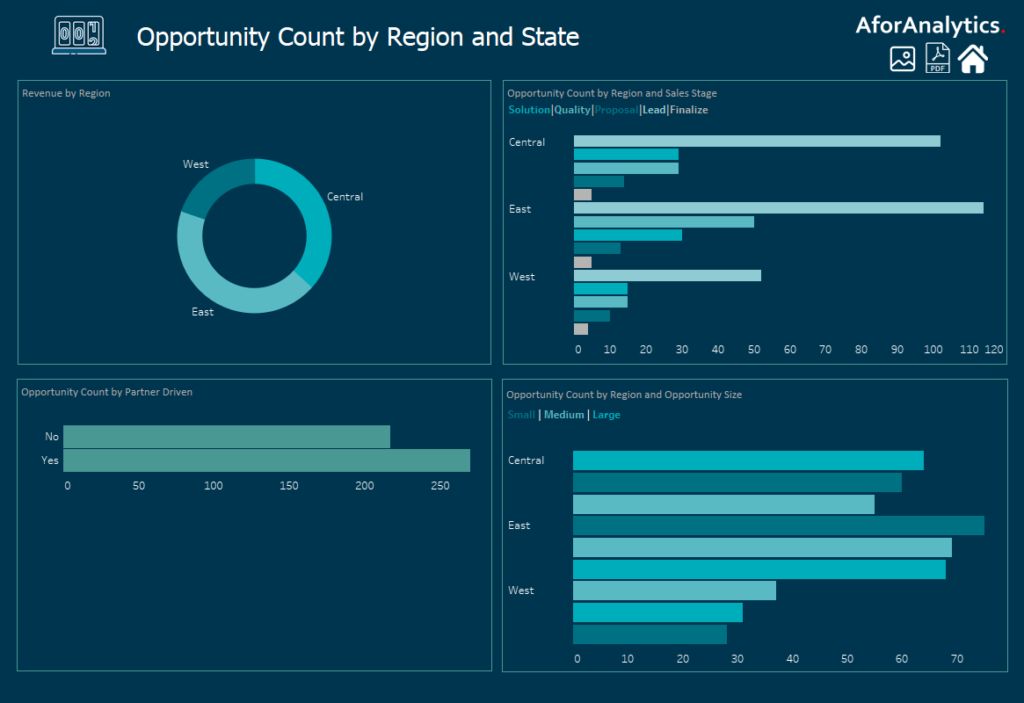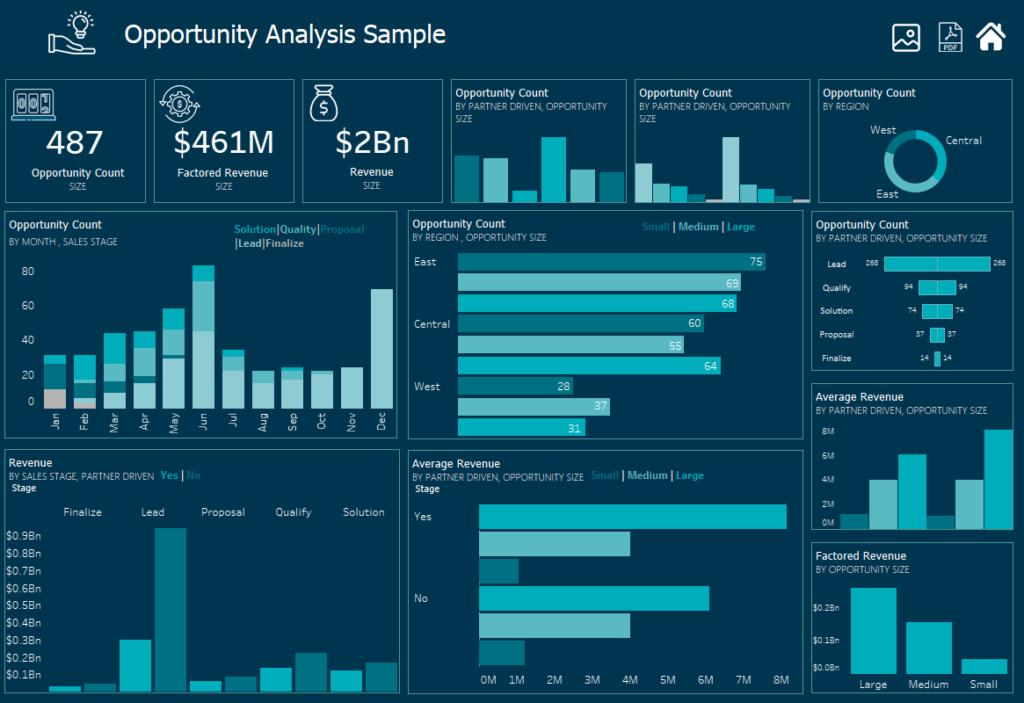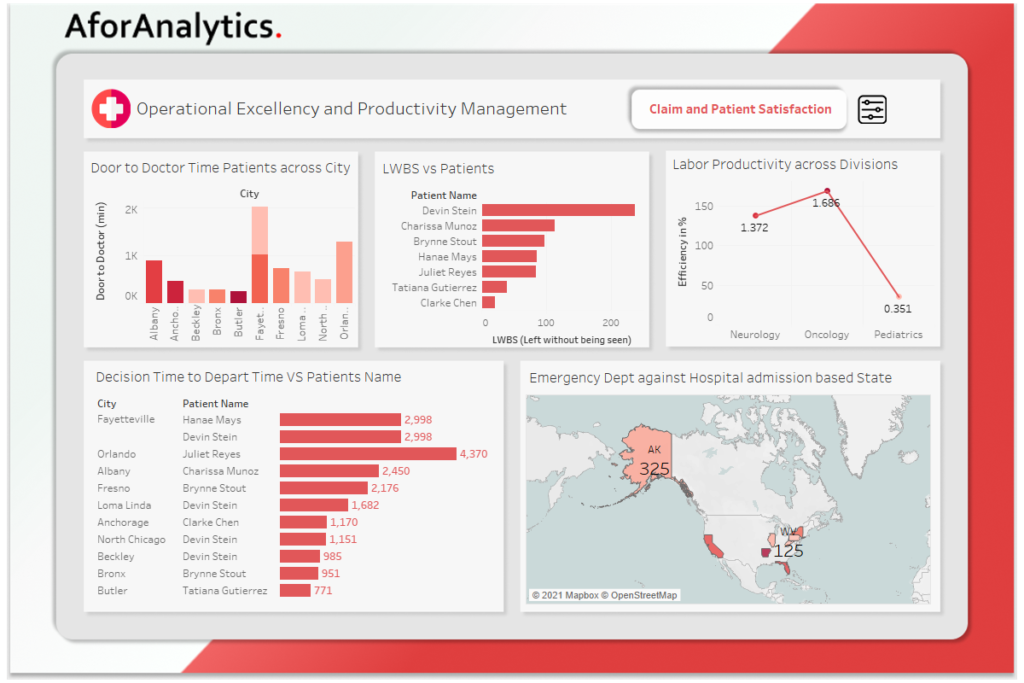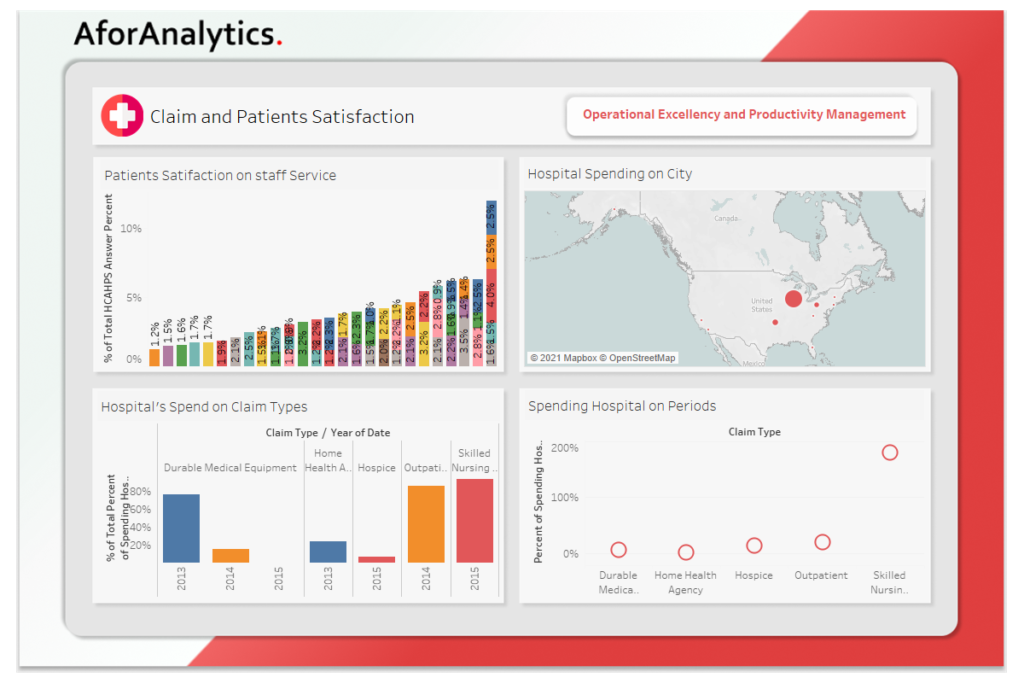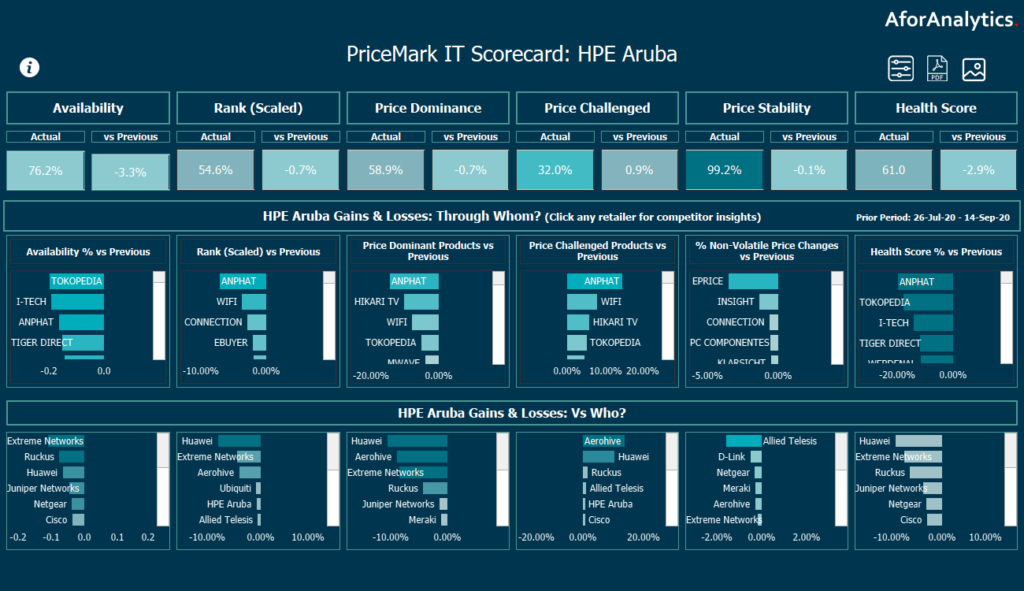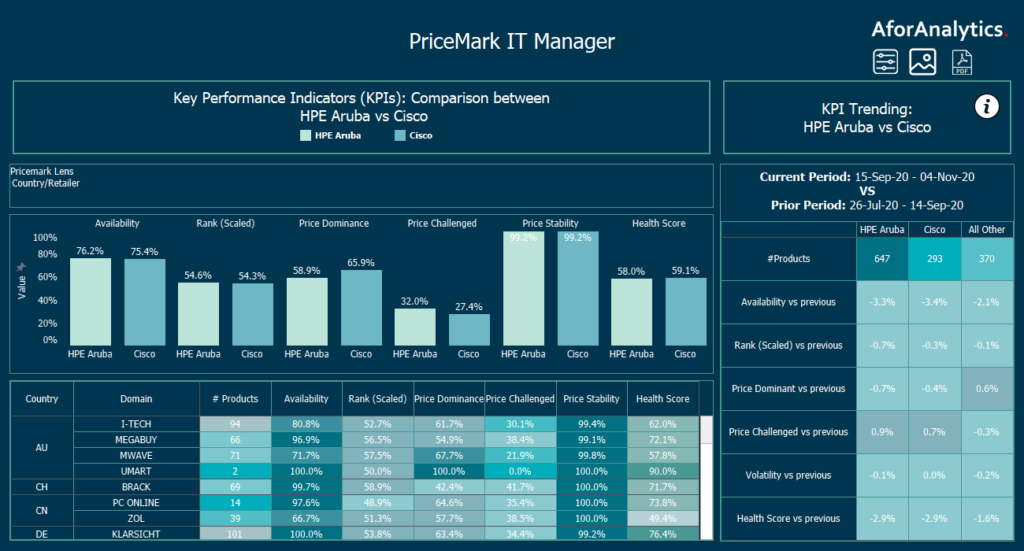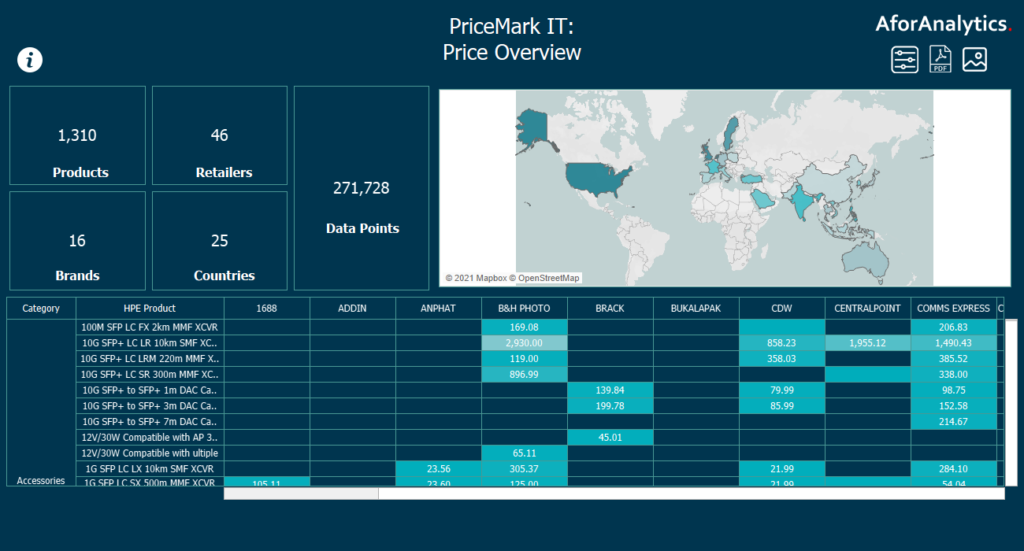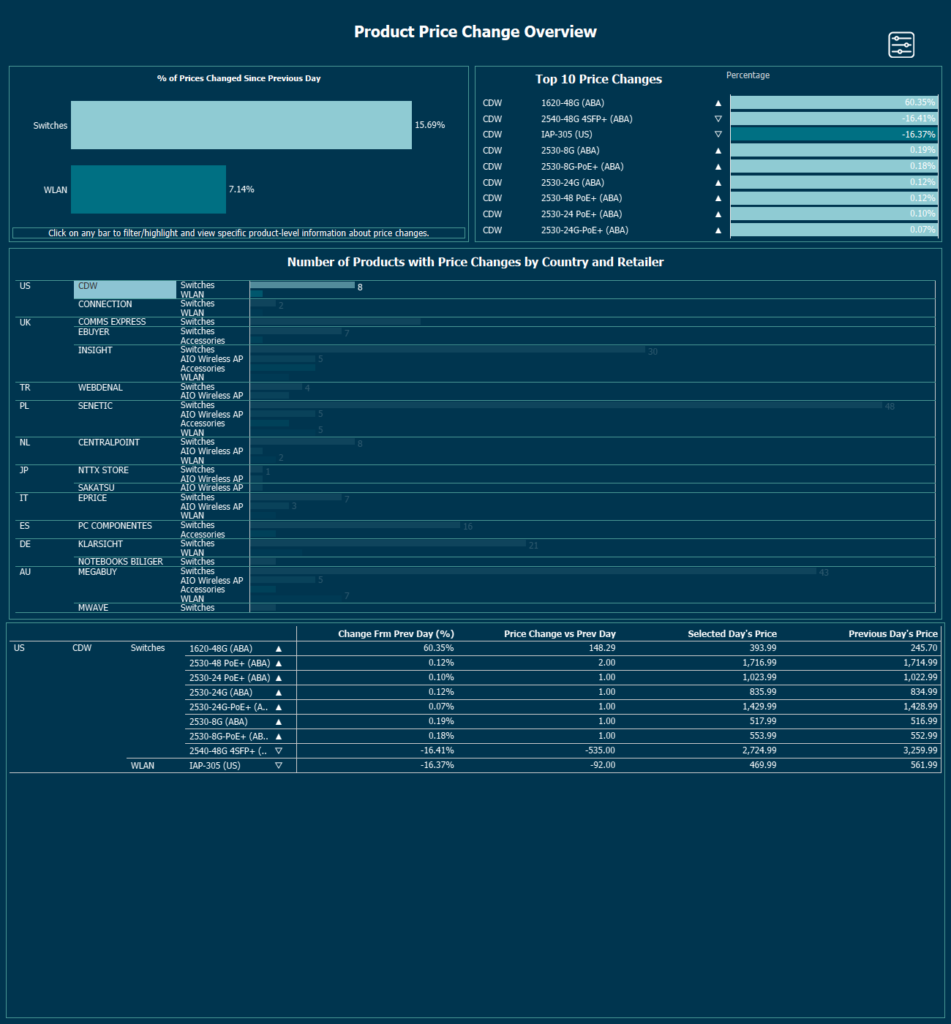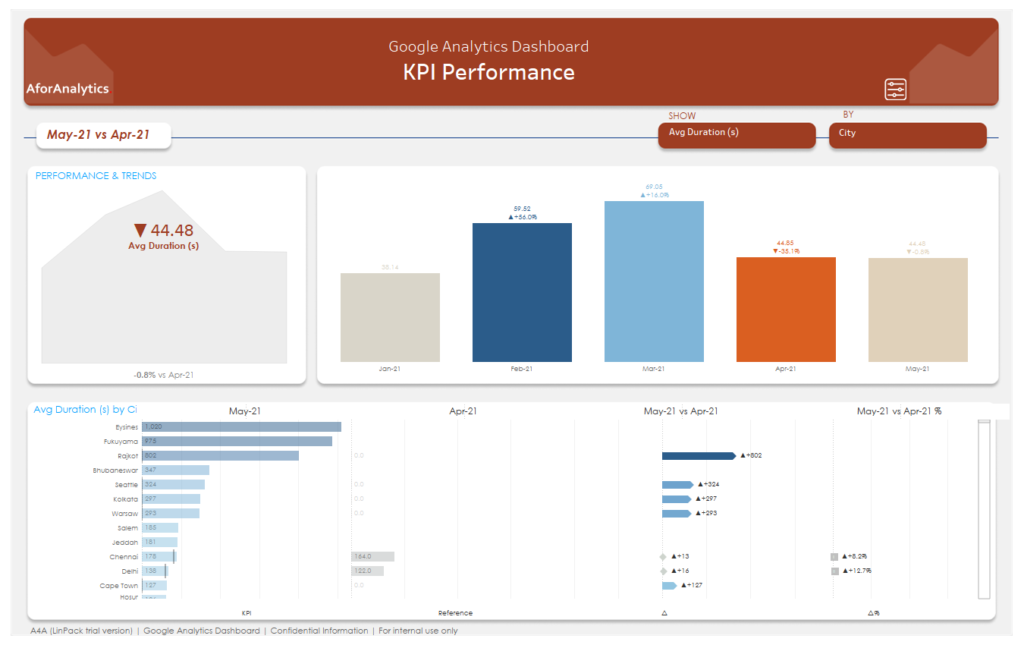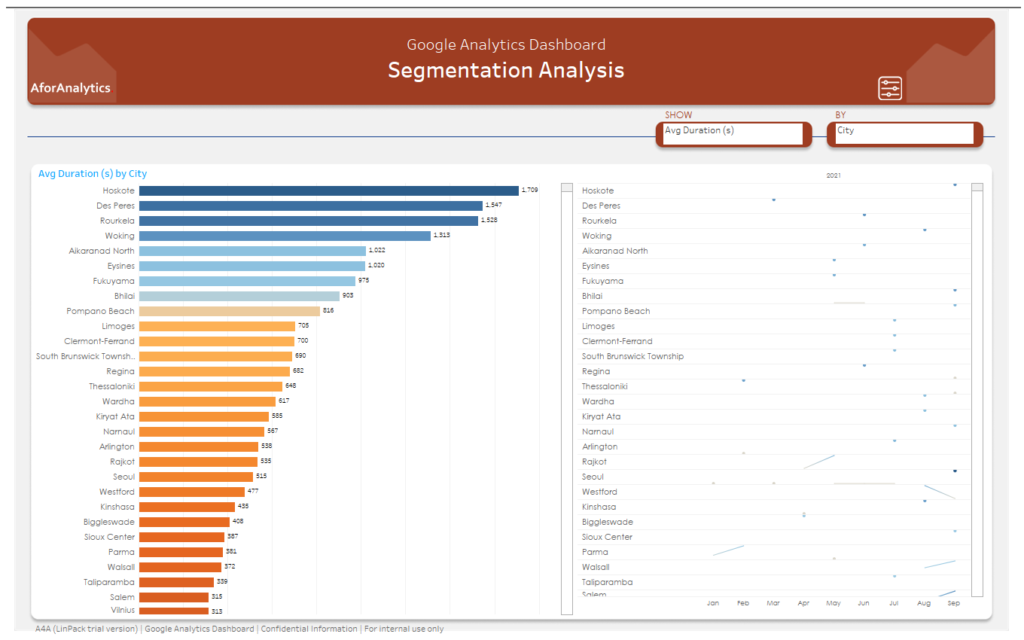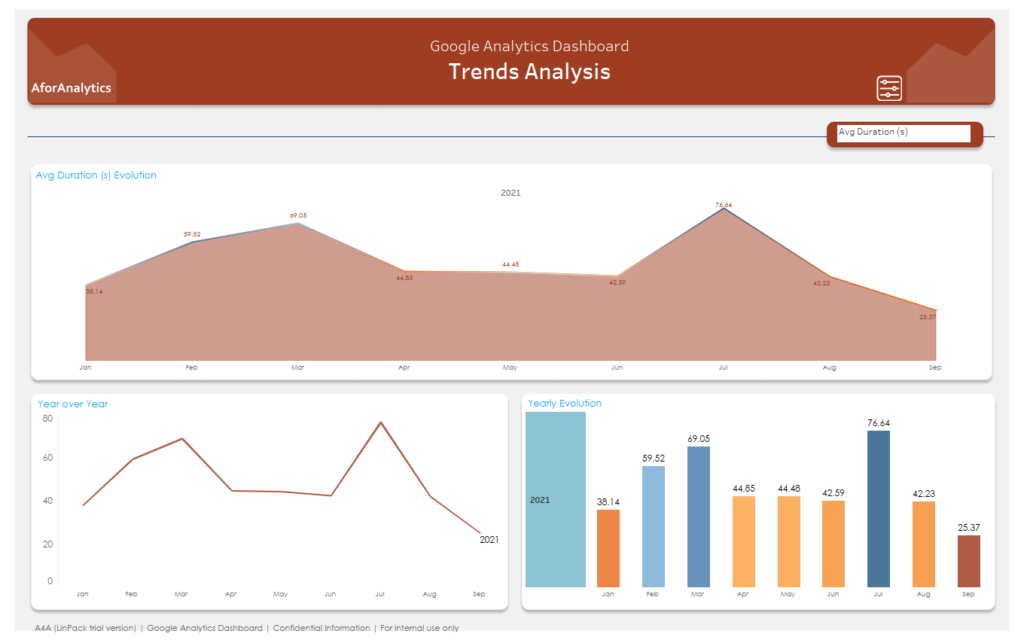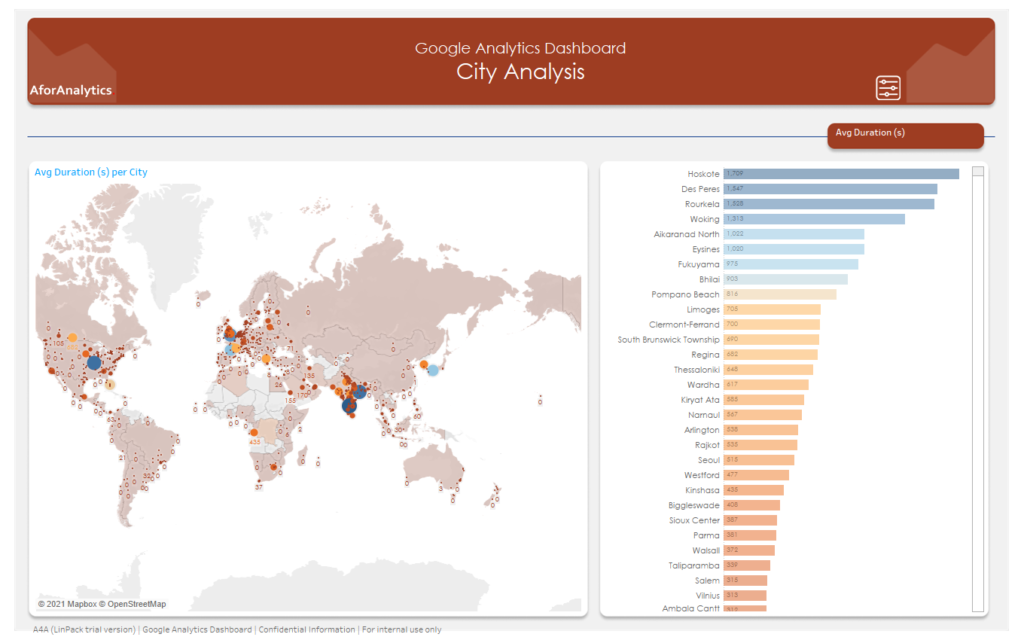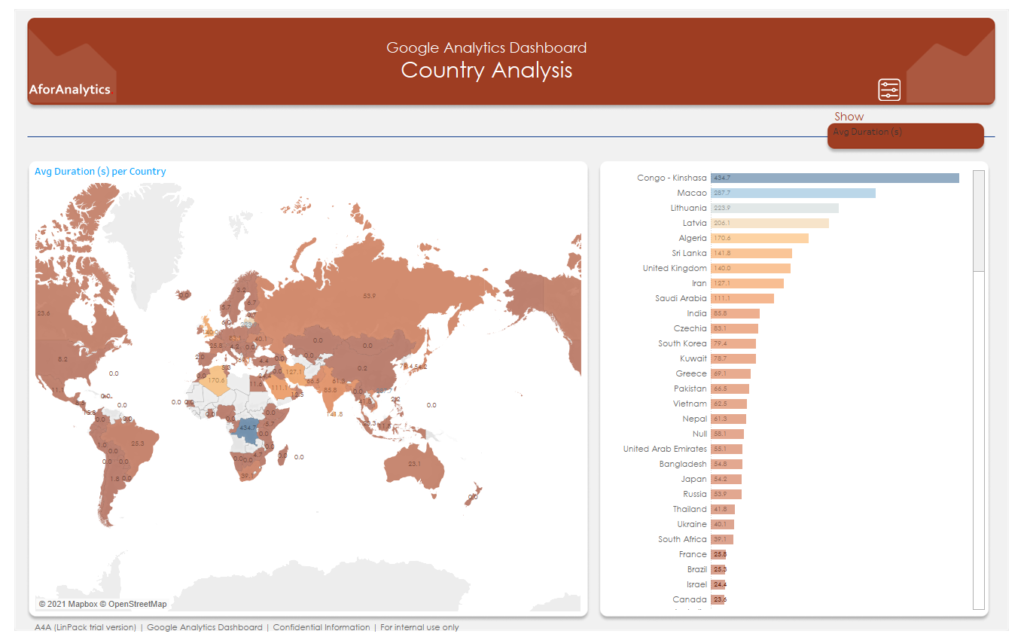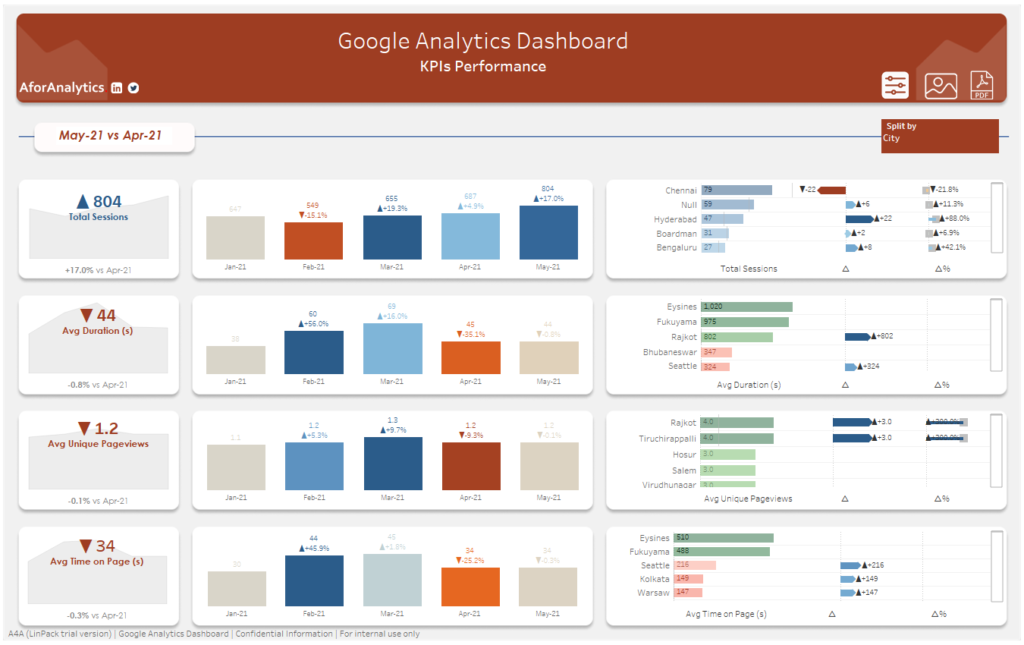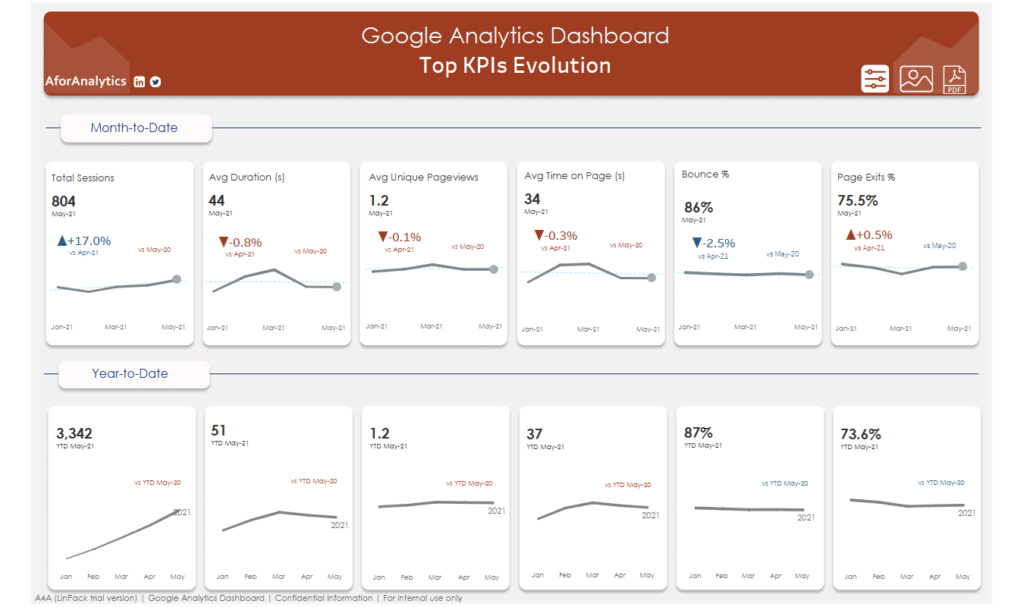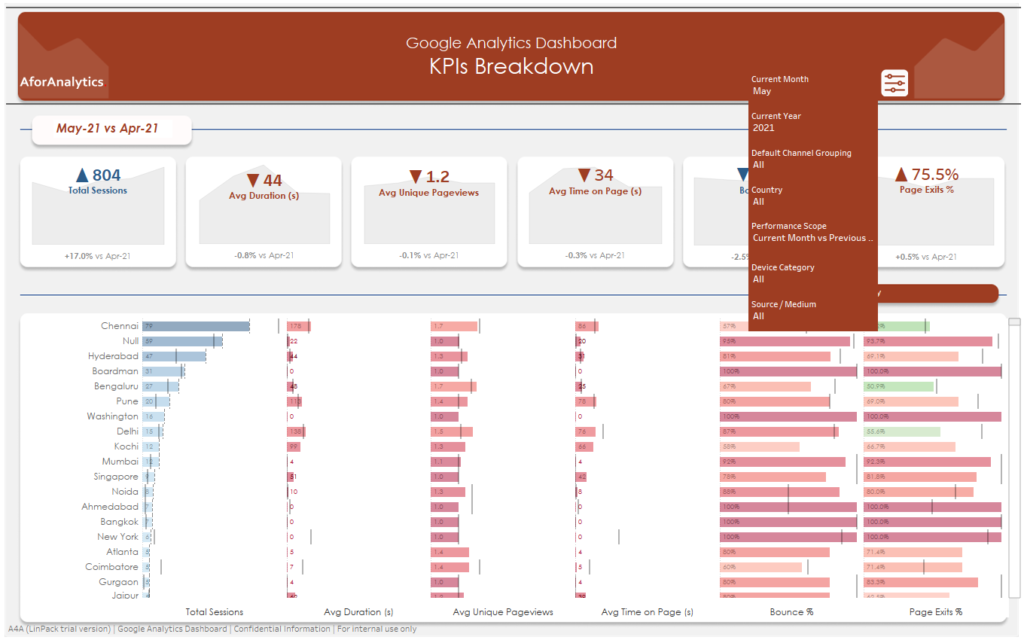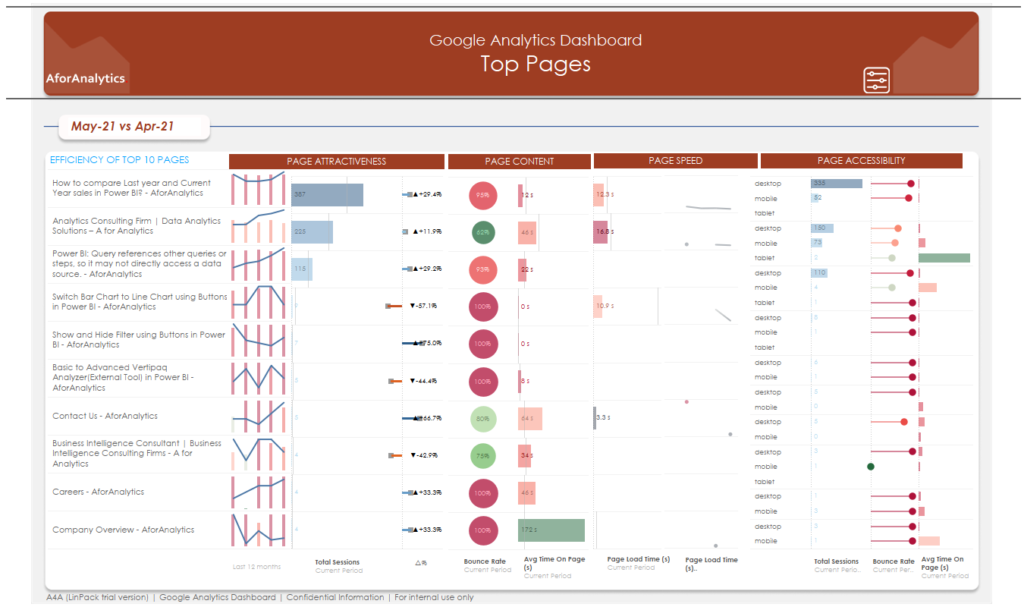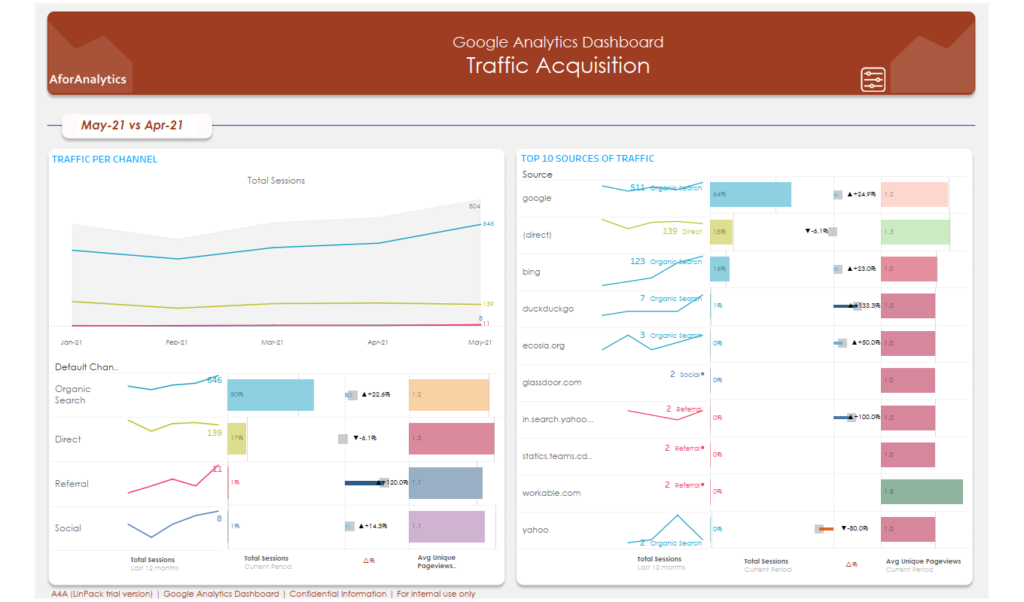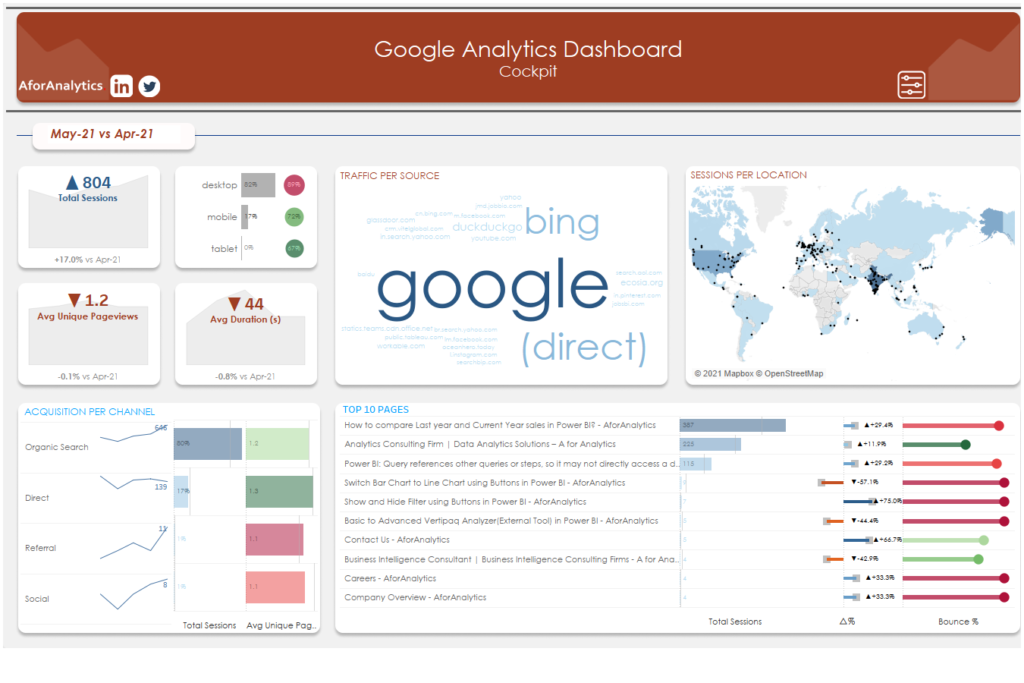
Introduction of Cloud Computing
Cloud computing is revolutionizing the way modern businesses operate by providing access to scalable computing resources over the internet. In this blog, we will explore the latest trends and technologies in cloud computing that can help businesses unlock the full potential of the cloud computing.
1. Cloud Computing Benefits:
- Provides access to scalable computing resources.
- Enables businesses to quickly adapt to changing market conditions.
- Reduces the need for costly on-premises infrastructure.
- Offers cost-effectiveness by allowing businesses to pay only for the resources they use.
2. Latest Trends and Technologies:
a. Hybrid Cloud:
- Combines public and private cloud infrastructure.
- Creates a more flexible and customizable cloud environment.
- Reduces vendor lock-in and improves the risk of downtime.
b. Edge Computing:
- Processes data closer to the source.
- Reduces latency and improves performance.
- Beneficial for businesses that rely on real-time data processing.
c. Serverless Computing:
- Runs applications without managing the underlying infrastructure.
- Reduces costs and improves efficiency by eliminating the need for server management.
- Enables businesses to focus on application development rather than infrastructure management.
3. Multi-Cloud:
- Uses multiple cloud providers to create a diverse and resilient cloud environment.
- Helps businesses avoid vendor lock-in and reduce the risk of downtime.
- Enables businesses to select the cloud provider that best suits their needs for specific tasks.
4. The Power of Cloud Computing:
- Cloud computing is more than just a buzzword; it’s a powerful tool for businesses of all sizes. By leveraging cloud computing, businesses can access on-demand computing resources, such as servers, storage, and software applications, without having to invest in costly on-premises infrastructure.
- One of the biggest advantages of cloud computing is scalability. Businesses can quickly scale their computing resources up or down to meet changing demands, allowing them to stay agile and respond to market conditions in real-time. This can be especially important for businesses that experience seasonal spikes in demand or sudden changes in their business environment.
- Another key advantage of cloud computing is cost-effectiveness. Cloud computing eliminates the need for businesses to invest in expensive hardware and software. Instead, they pay only for the resources they use, making it a cost-effective option for businesses of all sizes.
5. Conclusion:
Cloud computing is a powerful tool that can help businesses unlock new levels of agility, efficiency, and cost-effectiveness. The latest trends and technologies in cloud computing such as hybrid cloud, edge computing, serverless computing, and multi-cloud, can help businesses stay competitive and adapt to changing market conditions with ease. By leveraging the full potential of the cloud, businesses can reduce costs, improve efficiency, and gain a competitive edge in the digital landscape.

